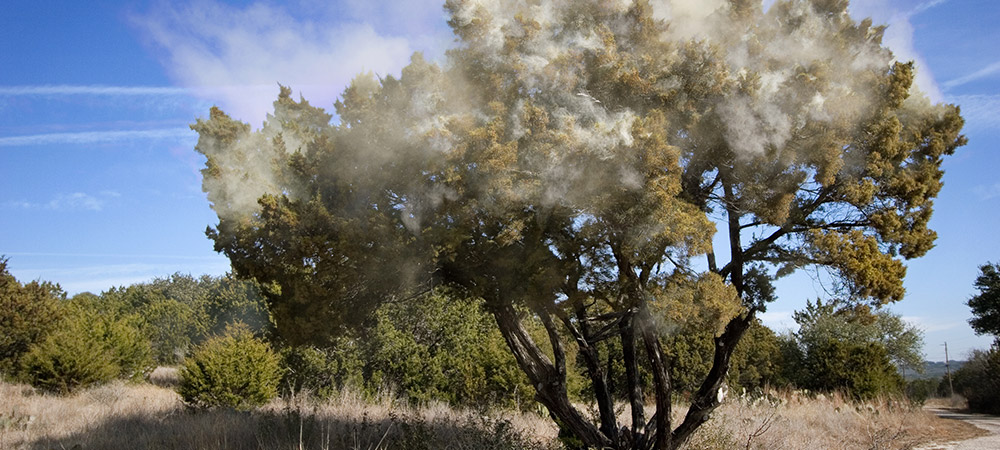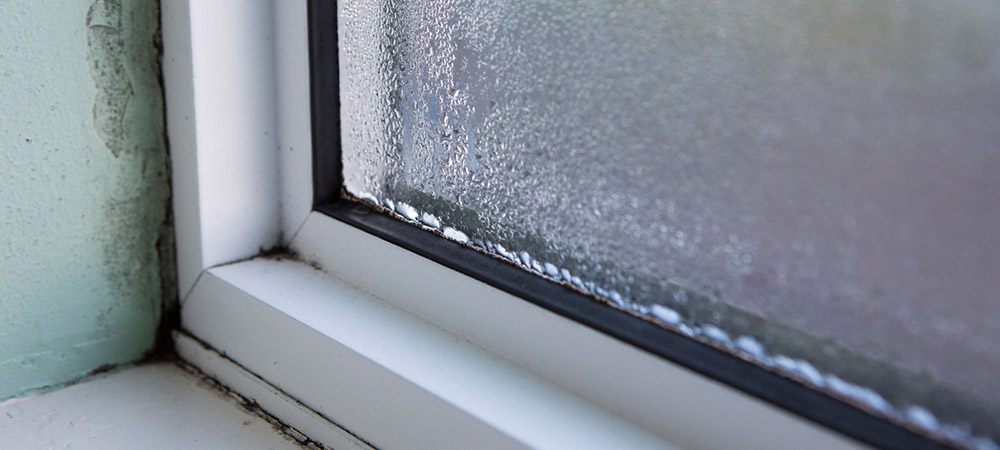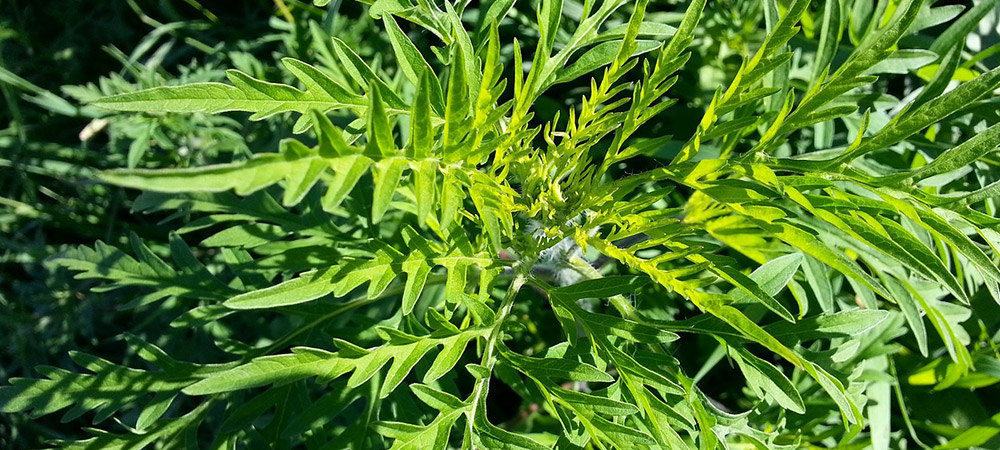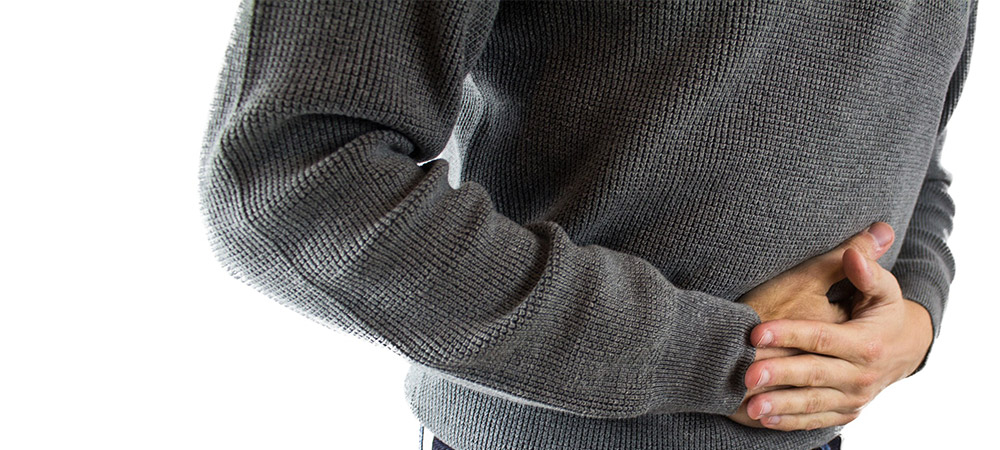Blog
Welcome to Allergychoices' bi-monthly blog. Our blog posts fall into several categories: Allergic Conditions, Allergy Control Program, Allergy-Friendly Holidays, Environmental Allergies, Food Allergy, La Crosse Method Protocol, Nutrition/Wellness, Pediatric Allergy, Sublingual Immunotherapy. Or you can see the most recent posts below...
Teal is the New Orange
Will I be too cold if I don’t wear a jacket? How fast do you think I can go door to door down this street? Who wants my Almond Joy bars? Will this house have a treat I can actually eat? Does this candy bar have peanuts in it? Do we have a treatment plan…
Learn about the Teal Pumpkin Project...Taking the Burn out of Cedar Fever: A new look at treatment options
If you have any ties to Texas, you are sure to hear anecdotes about the intimidating and vicious cedar fever. Grunts, moans, and complaints ensue for the entirety of the winter months. Cedar fever isn’t a sickness, a cold or flu that comes over Texas for the same time period, year after year. It’s an…
Learn about treatment options for cedar fever…The Madness Behind the Mold Count
A green air sampling machine sits atop the Allergy Associates of La Crosse building, turning with the wind and vacuuming in air to trap pollen and mold samples on a greased slide. Tony Kavanaugh, medical laboratory technician at Allergy Associates, climbs up to the roof nearly every morning to retrieve the sample for the day. He grabs the…
Learn about mold spore counts…The gluten-free dilemma: Should I be gluten-free? How?
Eating gluten free is on the minds of many health conscious people today, but why is it important for some people to eat gluten free and not others? Let’s take some time and explore three health conditions related to the need to reduce or eliminate gluten and how it can be managed. First, it’s important…
Learn about the gluten-free dilemma…Mold Allergies: When pollen is gone and symptoms drag on
Mold is a tricky, complex allergy, but successful treatment has been found for many patients through allergy drops using the La Crosse Method™ Protocol. Thanks, in part, to farmers. Dr. George Kroker, partner at Allergy Associates of La Crosse, told the story. “For a while at our clinic, early on, shots and drops were both…
Learn why your allergy symptoms drag on…Ragweed 101: What it is and how to avoid its common (and uncommon) consequences
Do you ever notice that the sick days at your workplace seem to increase over late summer and early fall? Whether it feels like a nasty cold, sinus infection, or as some would say, the feeling of “getting hit by a truck,” it seems to always sweep through around that time. Chances are that the…
Learn about ragweed allergy…Prebiotics: Another Piece of the Gut Health Puzzle
Prebiotics, perhaps less known than probiotics, are an important piece of the gut health puzzle. We have reviewed in recent weeks how a balanced microbiome, along with probiotics, supports our overall health, particularly digestive health. Prebiotics are a vital component to include in one’s day to day diet for a healthy digestive system. The definition…
Learn about the role of prebiotics in a healthy digestive system…Probiotics to Support Gut Health: A Helpful Component of Allergy Treatment
Previously here, we discussed the importance of the microbiome in gastrointestinal (GI) health. Many patients being treated for allergic issues using sublingual immunotherapy have associated GI issues that can be helped with adjunct therapy using probiotics. With so many people affected by digestive disorders, it’s important to review how to ensure your microbiome is supported…
Learn about the role of probiotics in allergy treatment…The Microbiome, Health Phenomenon of the Future?
Hippocrates, the Greek physician who was deemed the “Father of Modern Medicine,” may be best known for his quote, “Let food be thy medicine and medicine be thy food.” Hippocrates also said, “All disease starts in the gut.” And as modern medicine continues to evolve, this could not seem truer. Gut health is a hot…
Learn about the microbiome…








